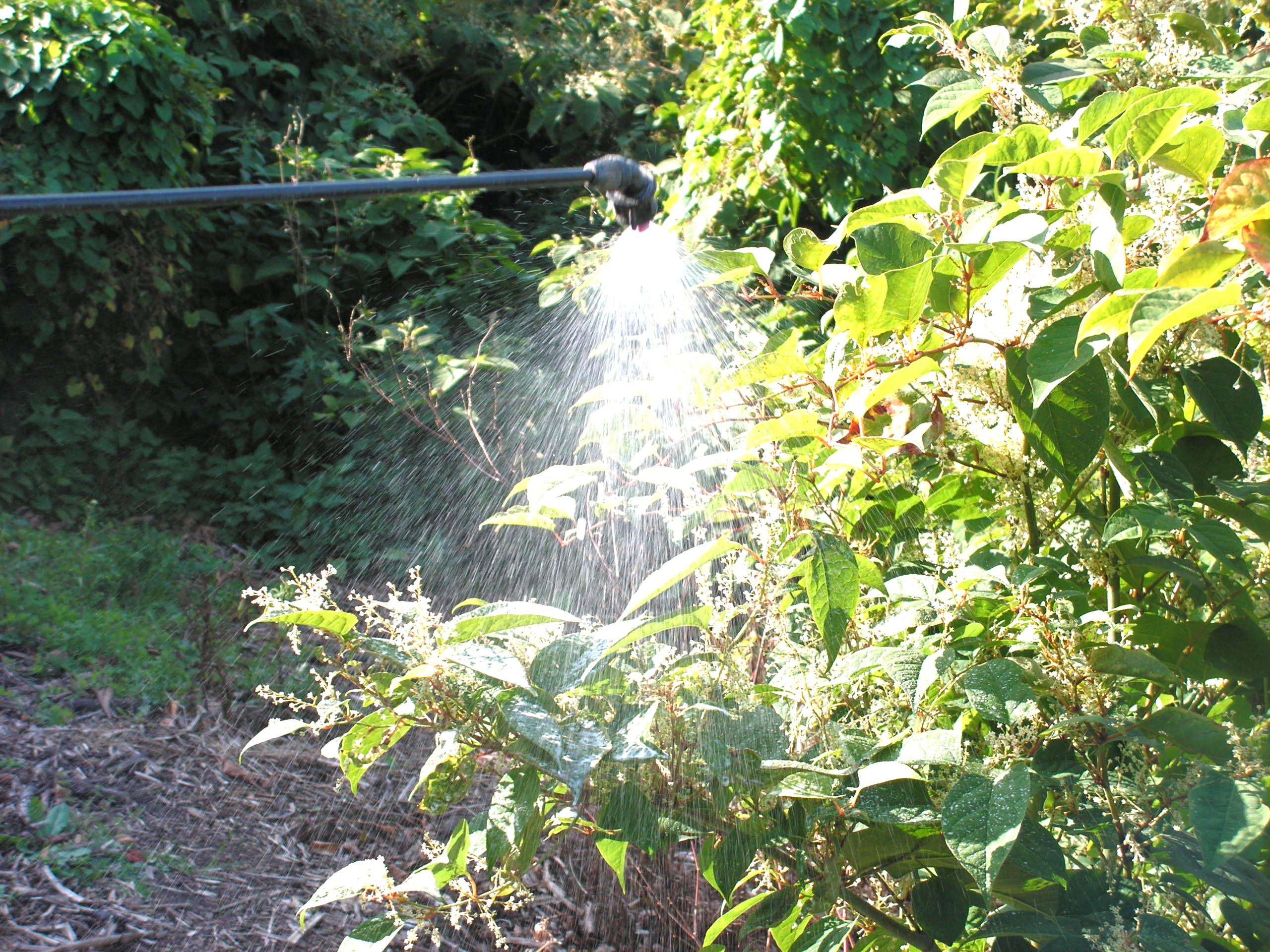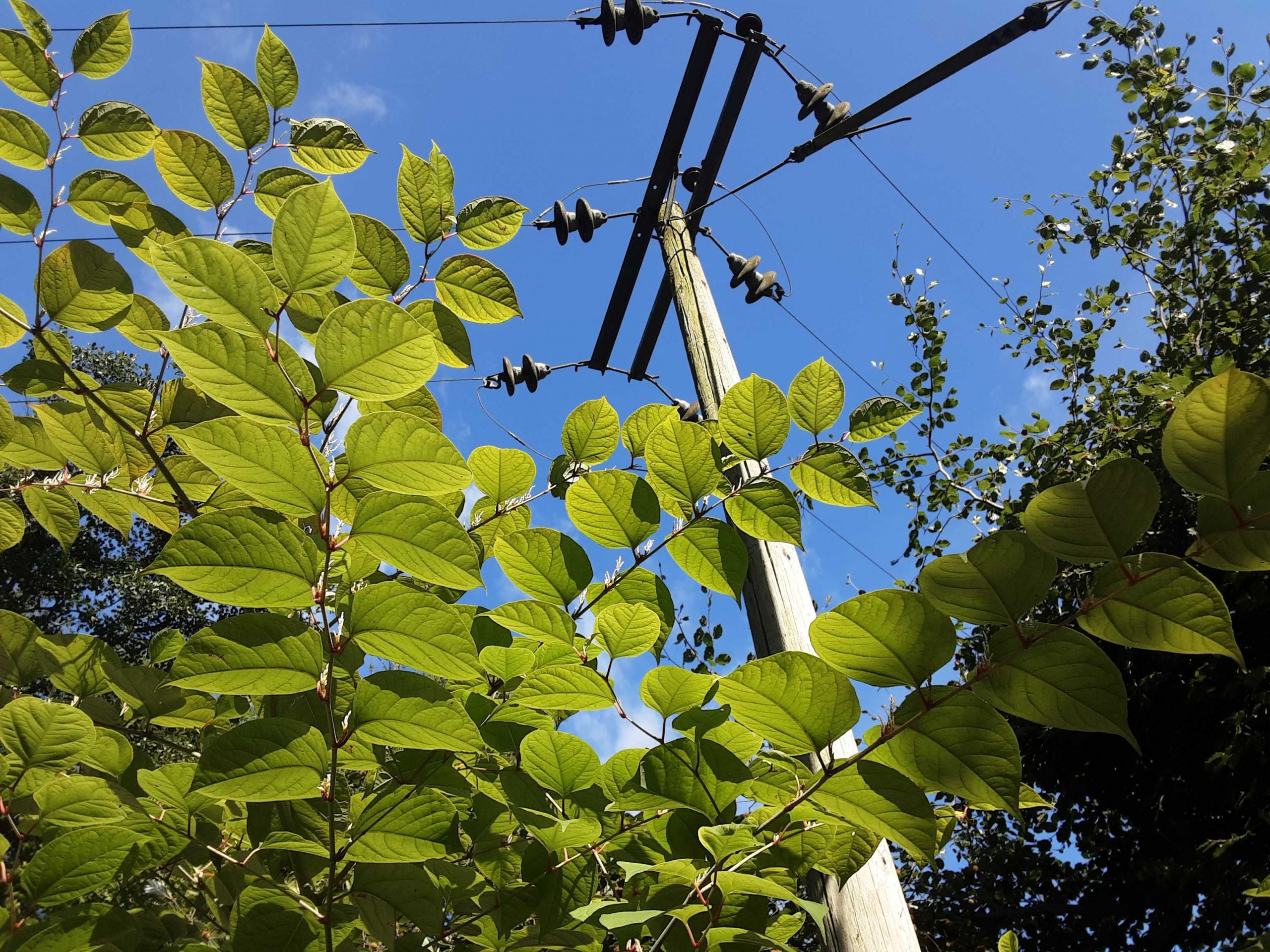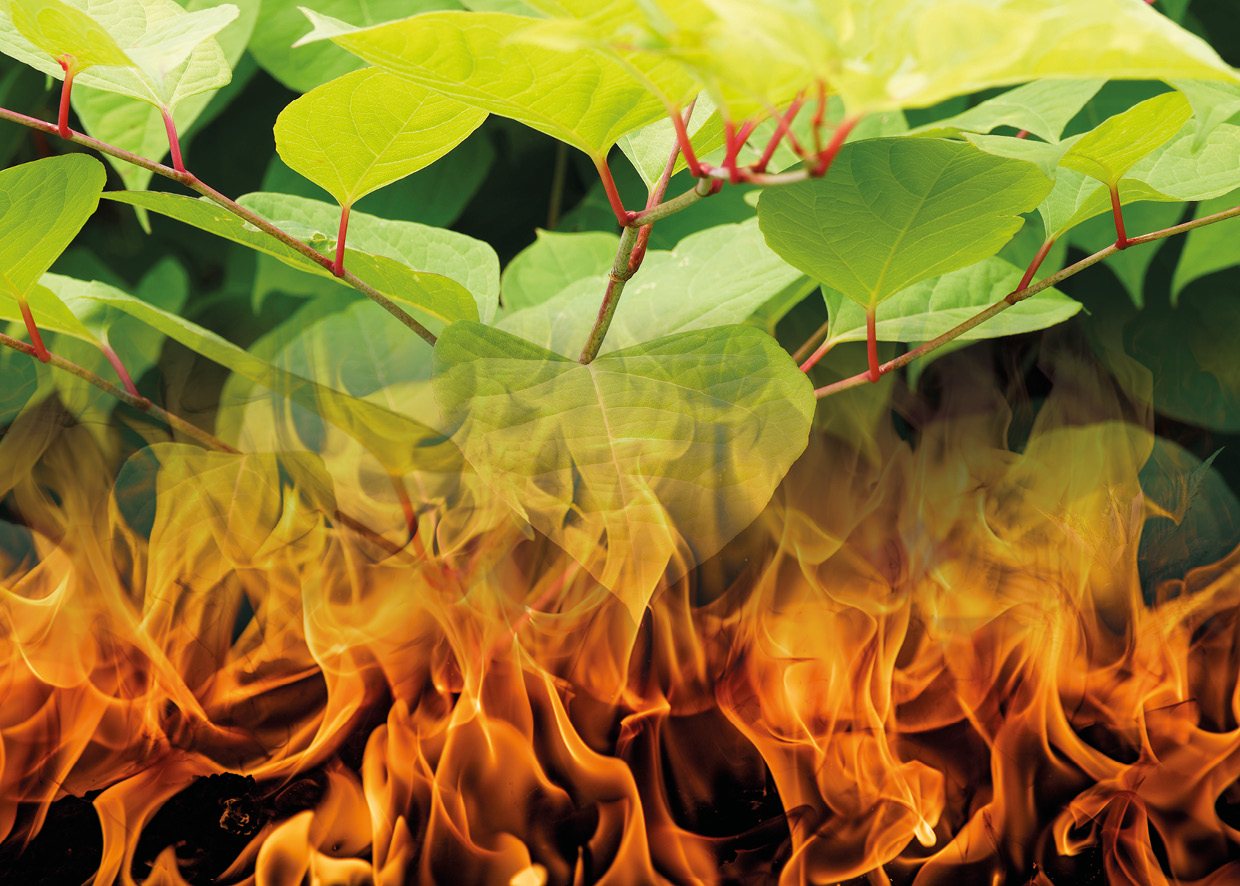Japanese knotweed and the law
This page covers Japanese knotweed Law, what you need to know & who is responsible for Japanese knotweed and what to do if you find knotweed.


Specialist services for the treatment or removal of knotweed infestations across Manchester with over 10,000 satisfied customers and over 1,000 independent five-star reviews on Trustpilot.
Japanese Knotweed Ltd have been operating in Manchester and the surrounding areas since 2010 and we have established some really strong ties to local business and communities. We have highly trained and accredited surveyors and technicians carrying out treatment plans and excavations for hundreds of satisfied customers all throughout the Manchester area, and we would be thrilled to have your business.
Fill in the contact form to enquire about our services, and one of the team will get in touch.
We are members of the Property Care Association and have a proven track record working successfully for local councils, developers, construction companies and private landowners. If you are selling or buying a property that is affected by Japanese knotweed, request your free* Japanese knotweed Survey.
* There are circumstances where fees for surveys will apply. Details HERE.
Excavation is the option for Manchester residents and business that want to remove Japanese knotweed for good. The only way to get rid of Japanese knotweed once and for all is to remove the contaminated ground.
Japanese knotweed is a highly resilient invasive species of weed that is capable of growing new shoots from its root network. These special roots are known as rhizomes, and even a tiny piece as small as 0.5g is capable of allowing the infestation to regrow. With root systems that bury deep into the ground, excavation of the contaminated soil is the best way to completely remove the infestation.

A popular option for homeowners and landowners in Manchester is Chemical Treatment. Planned application of herbicides control its growth and stop the spread. Japanese knotweed treatment will exhaust the plant’s ability to grow and force it into a dormant state .
Over the course of the plan, the treatment programme will prevent the plant producing aerial growth and additionally, prevent the rhizomes from growing further. If the knotweed area is likely to be disturbed physical removal of the knotweed may be required instead.
Treatment methods include stem injection, herbicide spray and leaf wiping. Our herbicide programmes are packaged within a Knotweed Management Plan (KMP), which comes with an Insurance Backed Guarantee.

The average cost to remove Japanese knotweed in Manchester varies, depending on the methods involved and the size of the affected areas. If it is identified and dealt with promptly, the costs of removing Japanese knotweed can be kept to a minimum. Long-term herbicide treatment is usually the most cost-effective control method. Our professionally delivered herbicide treatment programme will provide successful chemical control of Japanese knotweed within a period of 3-7 years.
Excavation of Japanese knotweed costs more than herbicide treatment due to labour, materials, waste removal and reinstatement costs. However, it ensures complete Japanese knotweed removal allowing free use or development of the property. We provide cost-efficient excavation due to our extensive experience whilst minimising waste volumes.
Following our professional surveys we will provide you with a no-nonsense, comprehensive report with no-obligation recommendations and quotes.

With so much information on the internet about how to remove Japanese knotweed – from using a lawnmower to using a flamethrower you may be tempted to DIY. The truth is that there is no way to deal with Japanese knotweed yourself. You need to have a plan in place to control the Japanese knotweed, or you need to excavate it to get rid of it once-and-for-all.
As knotweed is an invasive species that is classed as “Controlled Waste” it can only be removed by licensed organisations. It must be disposed of safely at a licensed landfill site by a registered waste carrier. Carelessly disposed of, knotweed can cause an infestation. Due to this, and the legal issues surrounding knotweed, we do not advise you try to undertake this operation yourself. Contact us instead.


We were contracted by a private developer to provide a watching brief to supervise Japanese knotweed removal. The land was planned for a development of residential properties and needed to be cleared of knotweed and overgrown vegetation before works could commence.